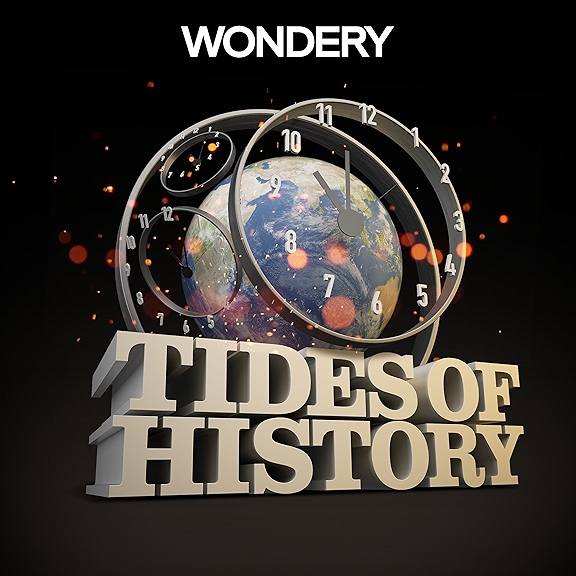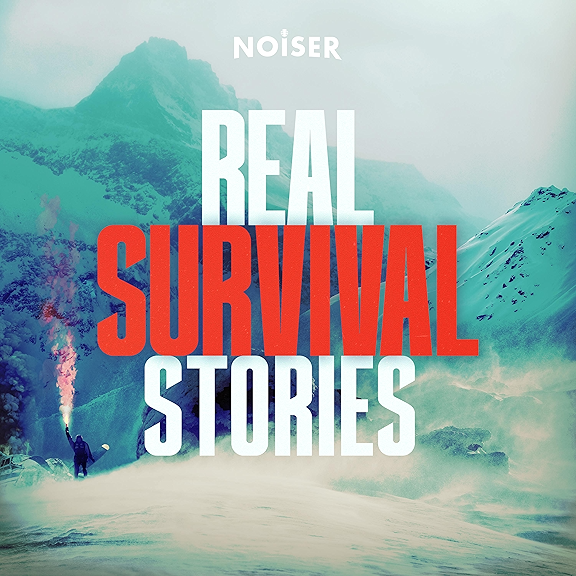
How Does The Legacy of Settler Expansion & Industrialization Destroy Indigenous Livelihood?
Thousands of protestors joined Indigenous activists at Standing Rock to fight for clean drinking water. At its core, this fight echoes the legacy of broken treaties and settler industrialization. Producer Lily Sones talks with Dina Gilio-Whitaker (Colville Confederated Tribes) about how industrialization halted traditional indigenous food ways and how extractive industries cause health effects across today’s indigenous communities.
Dina Gilio-Whitaker is an award-winning journalist and columnist. She is a lecturer of American Indian Studies at California State University San Marcos, and independent consultant and educator on environmental justice and other Indigenous policy-related issues. She is the author of "As Long As Grass Grows: The Indigenous Fight for Environmental Justice from Colonization to Standing Rock" and co-author with Roxanne Dunbar-Ortiz of "'All the Real Indians Died Off' and 20 Other Myths About Native Americans." She lives in San Clemente, California.
Listen to new episodes every Thursday. Follow the show on Spotify, Apple Podcasts, Amazon Music or wherever you listen. That way you never miss an episode.
Love the show? Consider writing us a review on your podcast app or telling a friend about the show. This really helps us spread the word.
Visit UnTextbooked.com for learning resources including a glossary of terms.
Show Notes:
(00:00) - Standing Rock Protests
(2:47) - Legacy of Broken Treaties
(6:06) - Settler Agricultural Complex & Eradication of Buffalo
(7:55) - Consequences of Industrialization
(12:14) - European vs Indigenous Ideas of Wilderness
(14:48) - The Modern Environmental Movement & Indigenous Activism
(16:52) - Uranium Mining on Indigenous Lands
(21:22) - Women of All Red Nations
(23:51) - ‘Green Colonialism,’ Lithium Production, And What’s Changed Since Standing Rock?
(26:19) - Extractive Industry & Future of Society
(28:11) - Outro




















